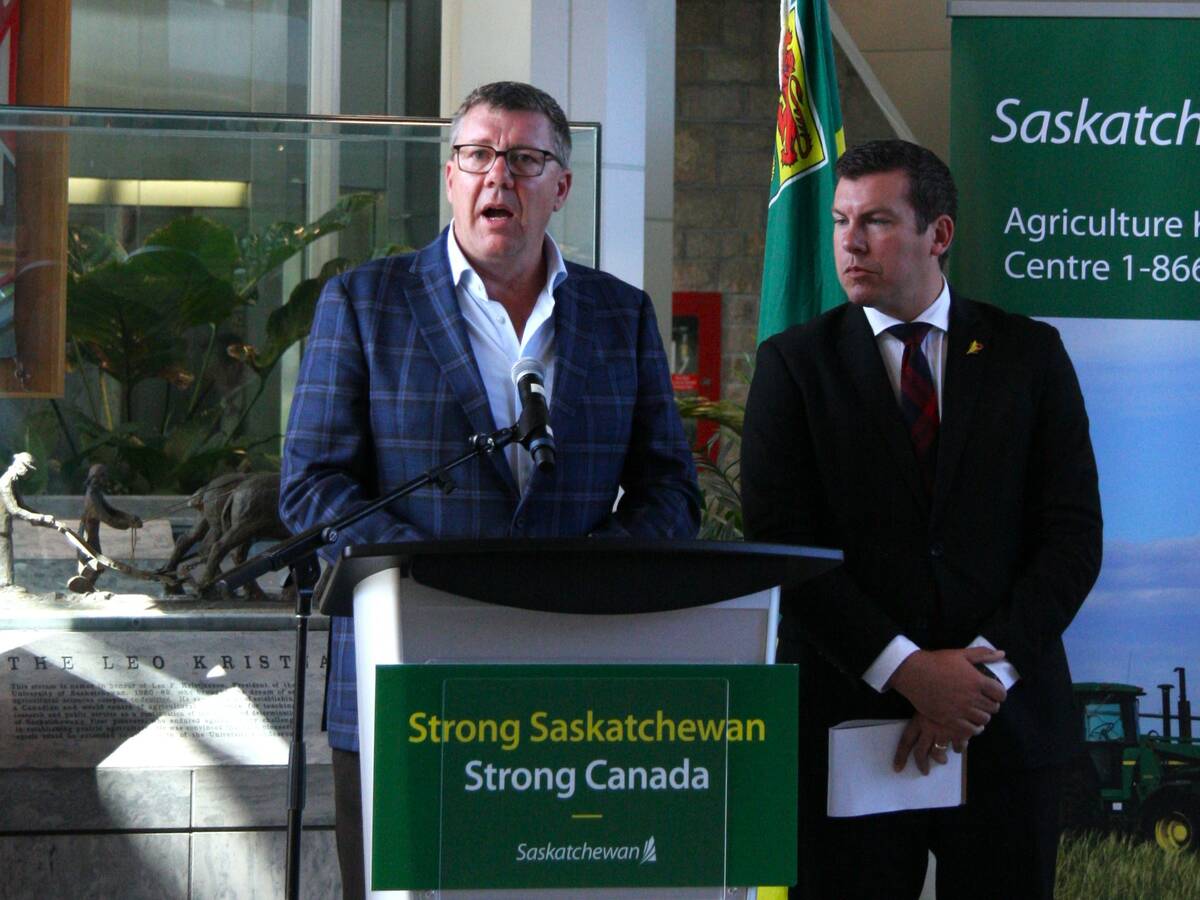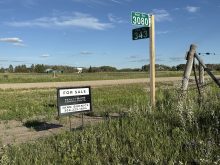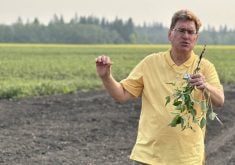Local decision-making is key to a sustainable rural Canada, a federal cabinet minister told appreciative Saskatchewan rural municipal delegates last week.
“Solutions have to be bottom up and not top down,” secretary of state for rural affairs Andy Mitchell said to applause at the Saskatchewan Association of Rural Municipalities annual convention.
He said local people know best what needs to be done to keep rural areas strong. Government should be a partner to help them accomplish those things, he added.
Dan Kachur, from the RM of Wolverine, said it’s fine for Ottawa to talk about building a strong rural Canada, but that isn’t enough.
Read Also

Key actions identified to address canola tariffs
Federal and Saskatchewan governments discuss next steps with industry on Chinese tariffs
“We’d like some funds to be able to do it with.”
He said Ottawa takes a lot of money out of rural areas through fuel tax and less than five percent is returned to help build roads.
He also said there was nothing in the recent federal budget to give farmers much hope.
Mitchell noted the government had previously announced a farm aid package and there are other initiatives, such as community futures programs, that help rural areas.
“I don’t want to pretend that Mr. (Paul) Martin tabling a budget is going to solve all the problems in rural Saskatchewan,” he said.
“Over time we will succeed in securing a future in rural Canada.”
Mitchell, who represents a largely rural riding in central Ontario, said the government is learning to look at issues through a rural lens.
For example, he said transport minister David Collenette made sure airlines have to provide extended notice if they are going to withdraw service, even though people in Toronto don’t have to worry about those kinds of things.
Dennis Gruending, a Saskat-chewan NDP member of Parliament, said Mitchell’s comments “just don’t square with reality.”
He said he doesn’t doubt Mit-chell’s sincerity, but the government’s actions suggest they are looking through a rural lens that is not clear.
The funding announced for an infrastructure program is insufficient, Gruending said.
“(Saskatchewan’s) share would build eight kilometres of highway.”

















